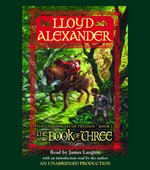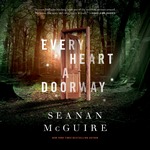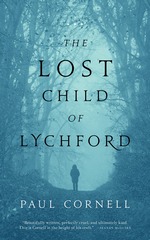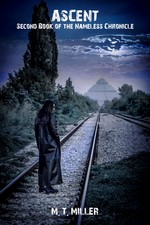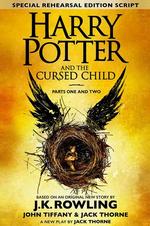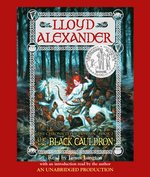 The Black Cauldron
The Black Cauldron
by Lloyd Alexander, James Langton (Narrator)
Series: Chronicles of Prydain, #2Unabridged Audiobook, 5 hrs, 28 min.
Listening Library, 2004
Read: March 15 – 16, 2017

Of the five books in the Chronicles, this is probably my least favorite installment, still I enjoyed reliving it with this audio. Why Disney chose this one to make a movie out of, I’ll never know (and have never seen).
Prince Gwydion has called a council at Cair Dalben — bringing warriors, royalty and others from across the land to discuss something of urgency. Taran is included as well, thanks to the Prince’s experience in the previous book. One of the attendees, Prince Ellidyr, is a young, proud twit who might as well have been named William Zabka — if he doesn’t remind you of the quintessential 80’s movie antagonist, you’re not reading him right. He and Taran clash immediately, and are predictably assigned to work together.
We also meet the son of Taliesin, the chief bard, Adaon. Adaon is one of those characters that comes out of nowhere, every character loves and so do the readers. He’s wise, kind, and probably a decent fighter. Taran is possibly more taken with him as friend and role model than he was with Gwydion — partially because he’s not a prince, and so is more approachable; but also is just that kind of guy. Thankfully, Taran and he are also assigned to work together so it’s not all about the jousting with Ellidyr.
There were other characters introduced — several actually, but those two are the ones to focus on now. I’m not going to tell you anything about Gwystyl and Kaw, because I’ll not do them justice. But you’ll enjoy both. Gurgi was Gurgi, and Eilonwy was perfect — seriously just perfect. I always liked the character, but maybe never as much as I am this time through the series.
I got distracted by talking about the characters, the purpose of the council is to go hunting for the Black Cauldron, the source of the Cauldron Born warriors of Arawn. These are basically zombies with swords, doing anything their master calls for — and were the source of a good deal of apprehension when I was a kid, and now just seem like a great foe. Their numbers are swelling, making Dalben and Gwydion certain that something bad is on the horizon — now seems like a good time to raid the Dark Lord’s domain and destroy the Cauldon. Which may not derail the plans in motion, but will at least make them easier for the good guys to survive.
So after the Council, the heroes head out. As soon as they launch their strike, they discover that someone has beaten them to it — the Cauldron is gone and they’ve got to regroup before hunting it down. Things go bad there, the companions are separated from each other and on the run from those the Cauldron has already produced.
Taran, Ellidyr, Adaon, Gurgi and Fflewddurr get a lead on the Cauldron and decide to follow it up immediately rather than let their foes get it while they’re off looking for Gwydion. This takes them to the swamps of Morva — one of my favorite places in the series — and to the hut of Orddu, Orwen, & Orgoch. They will chill younger readers and entertain readers of all ages. From there peril, betrayal, redemption, grief and more ensue as the companions try to destroy the titular MacGuffin.
The Lloyd Alexander introduction to this one was better than the previous — I’m such a geek that listening to little bits of Alexander was one of the highlights of my day. I don’t think I have anything to say about Langton’s performance here that I didn’t say last time. It was good, nothing spectacular, though. He kept me engaged, even if he paced it slower than I’d like. Whoever transferred this from audiotape to digital format had an odd approach to dead space between tapes/tape sides — there are times that I feared the file had stopped unexpectedly, either from a corruption in the file or a glitch in the app, and just as I’d grab my phone to check the Langton’s voice would start again.
A needed part of the story, if only for Taran’s growth, and for what it sets up in books to come. It was never my favorite growing up, still isn’t now, but it was still an entertaining few hours.
—–



